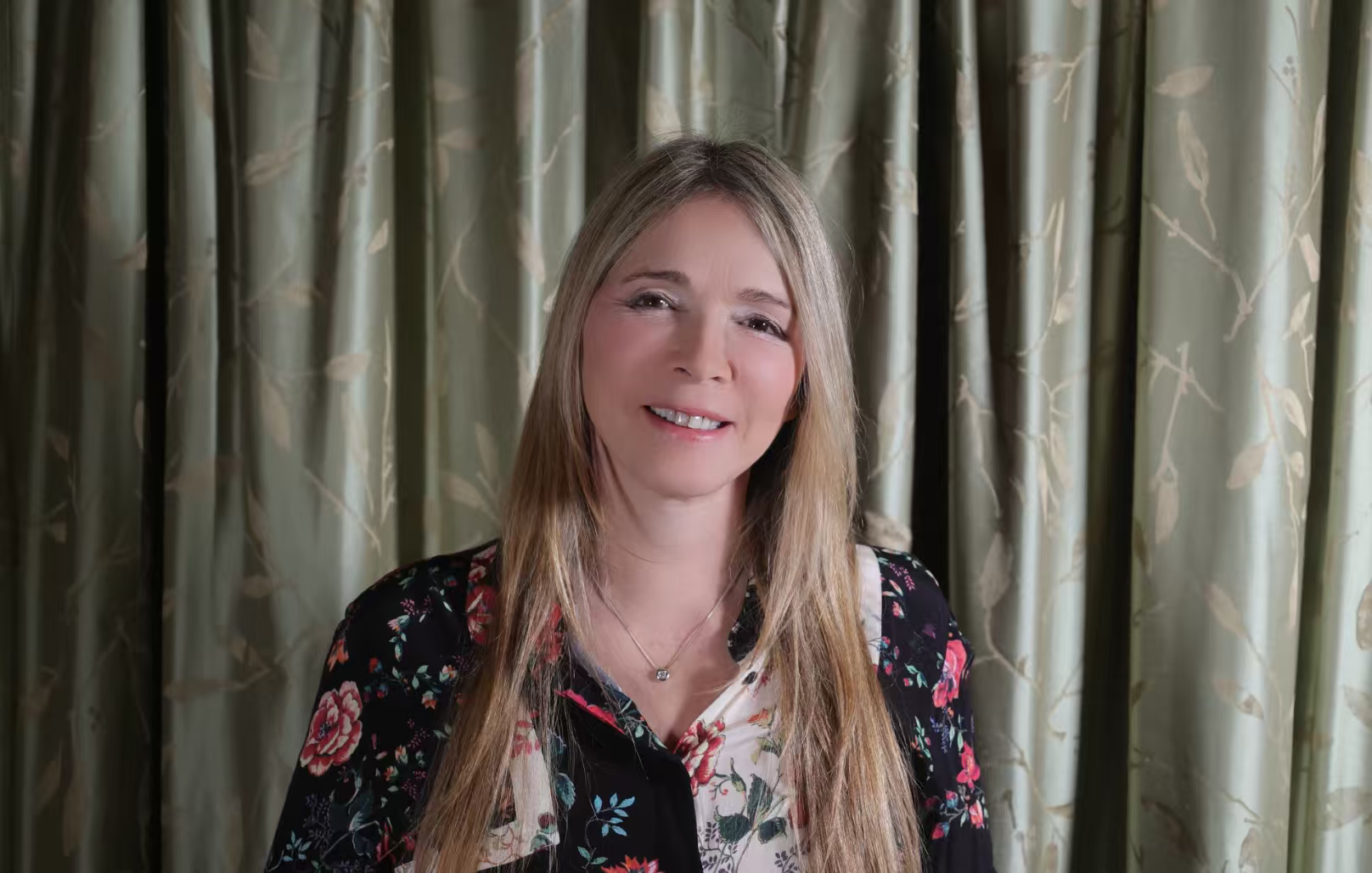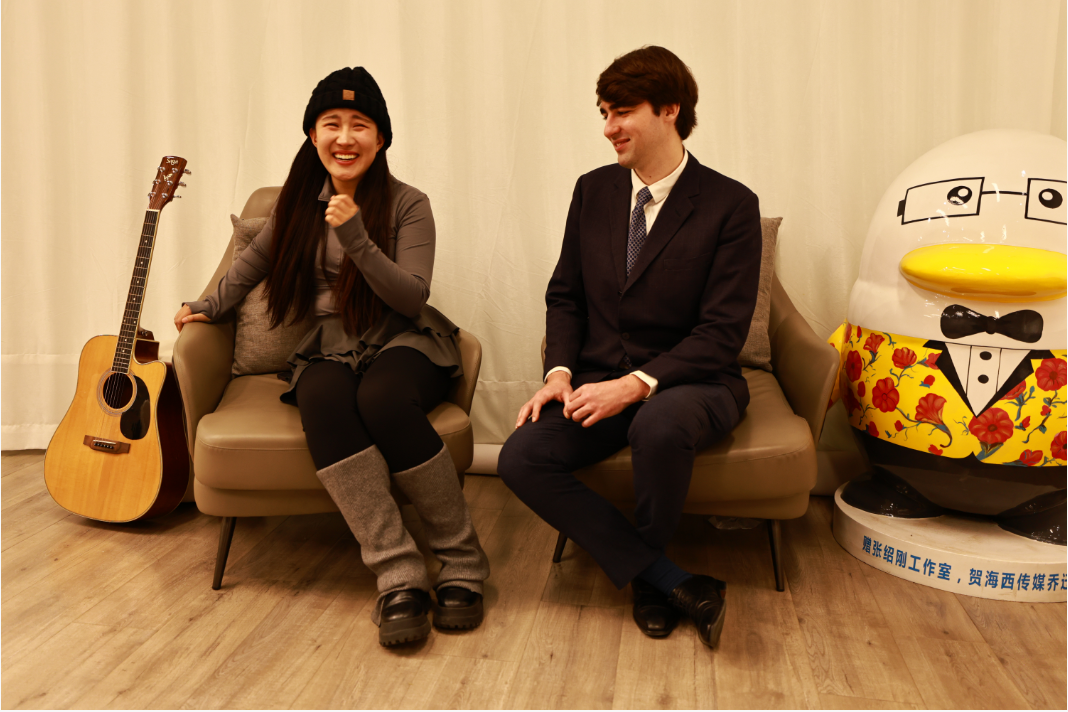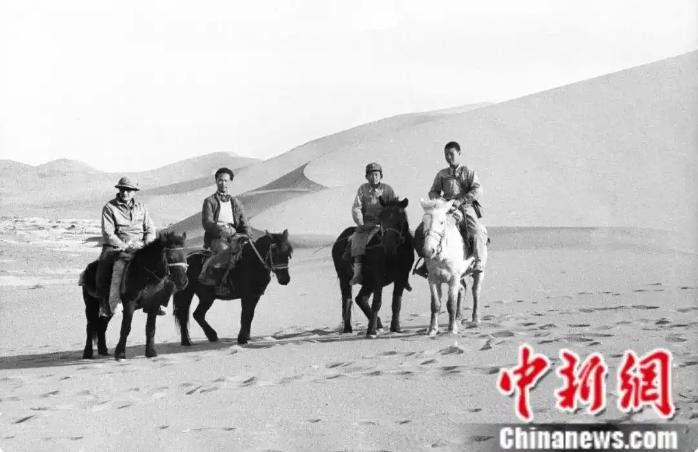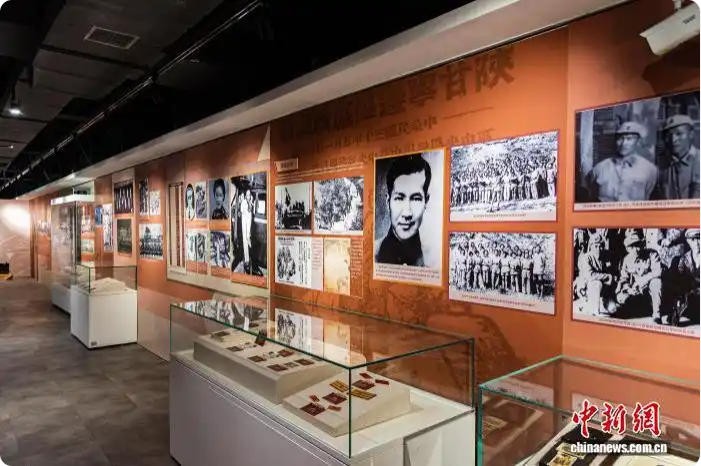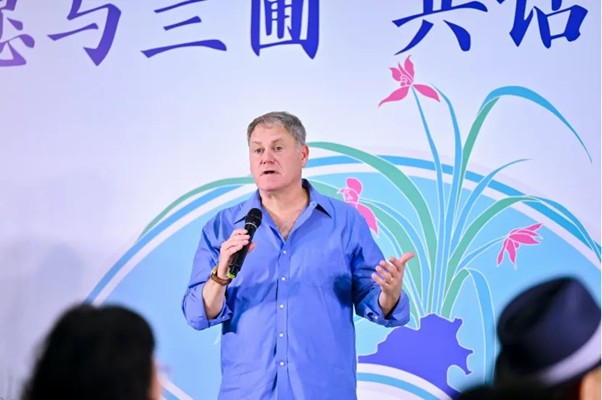What role can Macao play in promoting cooperation between China and Portuguese-speaking countries?
Since its return to the motherland in 1999, Macao has always played an important role in the exchanges and cooperation between China and Portuguese-speaking countries. As a native Portuguese, Mrs. Shan Taosi, former Deputy Secretary General of the Permanent Secretariat of the China-Portuguese Forum for Economic and Trade Co-operation (Macao) (CPEF), has experienced the great changes that have taken place in Macao over the past 25 years since its reunification with the motherland, and the establishment and development of the Sino-Portuguese Forum.
Recently, East Meets West exclusively interviewed Shan Taosi, discussing how Macao can better promote exchanges and co-operation between China and Portuguese-speaking countries by leveraging on the support of the government and its own strengths.
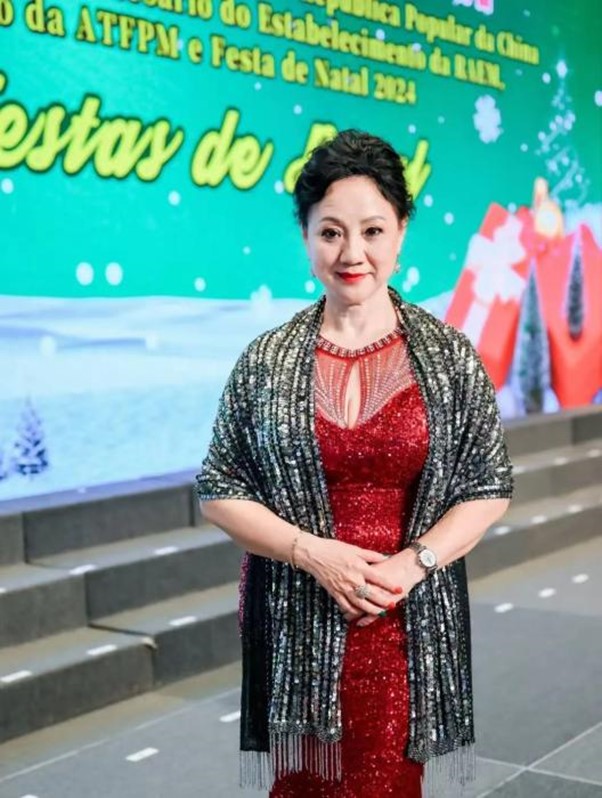
Shan Taosi, a native of Macao and has a Master’s degree in Business Administration from the University of Macao. She was involved in organising the participation of Portuguese-speaking associations in the General Assembly of the Union of Portuguese-speaking Cities (ULC) held in Macao. She has extensive experience in government work and was in charge of administration, finance, translation, media liaison, organisation of large-scale events and public relations, and liaison with Portuguese-speaking associations at the Municipal Councils, Provisional Municipal Councils and Civic and Municipal Affairs Departments during the Portuguese-Macanese government. After the handover of Macao, she was the Deputy Secretary General of the Permanent Secretariat of the China-Portuguese Economic and Trade Co-operation Forum (CPECF), where she promoted economic and cultural exchanges between China and Portuguese-speaking countries.
On 20 December 1999, the Chinese Government resumed the exercise of sovereignty over Macao. As a native Portuguese, what were the reasons for your decision to stay in Macao? What is the most attractive thing about Macao to you?
I was born in Macao, my grandfather and maternal grandfather were Portuguese and my grandmother and maternal grandmother were Chinese. After finishing university in Portugal I returned to Macao and started working for the then Macao-Portuguese government.
On the eve of the handover of Macao, native-born Portuguese working for the Macao-Portuguese Government were faced with a triple choice: to join the Portuguese civil service establishment; to leave their jobs with a lump-sum indemnity if they had worked for 15 years, and to take early retirement if they had served for 30 years; or to stay in Macao and work for the MSAR Government.
I decided to stay after much deliberation because this is my home, my family lives in Macao and my roots are here. The cultural inclusiveness of Macao allows people from different backgrounds to understand each other, build deep connections and truly intermingle. Language is not a barrier to communication in Macao and many people are fluent in Portuguese, English, Cantonese and Mandarin. In addition, when I came into contact with the then soon-to-be-established SAR Government, I fully felt their goodwill, understanding and respect for the native Portuguese. In the end, not only did I stay, but so did my other siblings together.
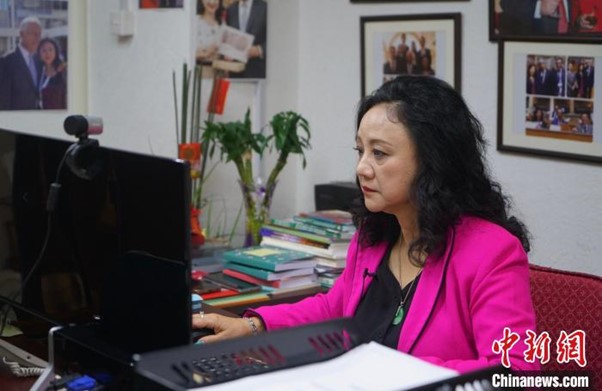
How do you see the economic development of Macao in the 25 years since its return to China and the achievements Macao has made in promoting exchanges and contacts between China and Portuguese-speaking countries?
After the handover of Macao, the Central Government supported the Macao SAR to become a platform for economic and trade exchanges between China and Portuguese-speaking countries at the proposal of the then Chief Executive of the Macao SAR, Edmund Ho Hau Wah, and in 2003, the ‘Sino-Portuguese Forum’, organised by the Central People’s Government of the People’s Republic of China (the Ministry of Commerce of the People’s Republic of China) and hosted by the Government of the Macao Special Administrative Region (SAR) was established in Macao. I was appointed Director of the Preparatory Office of the Sino-Portuguese Forum.
In the same year, the First Ministerial Meeting of the Sino-Portuguese Forum was successfully held. Ministers from Angola, Brazil, Cape Verde, Guinea-Bissau, Mozambique, Portugal, Timor-Leste and other Portuguese-speaking countries gathered in Macao to discuss economic and trade cooperation. Since then, the role of Macao as a platform linking China and the Portuguese-speaking countries has been recognised by these Portuguese-speaking countries, and the unique role of the native Portuguese people in Macao’s society has been further recognised.
Since 2003, more and more Portuguese-speaking countries have seen the role of Macao as a platform and have chosen Macao as a bridge to promote their products to the huge market of Mainland China, as well as showing great interest in Mainland products and services. Macao has made notable efforts in promoting exchanges and co-operation between China and Portuguese-speaking countries, including the promotion of economic and trade co-operation, service exchanges, training programmes and tourism development. In the process, Macao has brought different cultures closer together and built bridges of mutual understanding and friendship between peoples.
What do you think are the key areas of co-operation between China and Portuguese-speaking countries in the past 25 years? How can Macao capitalise on its institutional strengths?
The unique role played by Macao in promoting cooperation between China and Portuguese-speaking countries is mainly reflected in the economic and trade cooperation. Since the establishment of the Sino-Portuguese Forum, the trade volume between China and Portuguese-speaking countries has increased from US$11 billion in 2003 to US$220.9 billion in 2023, a 19-fold increase. Trade between China and Portuguese-speaking countries has been developing rapidly, and Macao’s role as a platform and bridge is growing.
On the one hand, Macao has the advantage of having the China at its back, and on the other hand, it has a natural connection with Portuguese-speaking countries. Many entrepreneurs from these countries do not have sufficient understanding of the investment environment in the Mainland, while Macao has many bilingual talents and professionals familiar with the economic, trade and legal systems of the two sides, who can play an important role in promoting Mainland enterprises to go out; at the same time, they also introduce the investment environment in the Mainland to outsiders, helping them to better understand the characteristics of the Mainland market, and jointly exploring opportunities for co-operation.
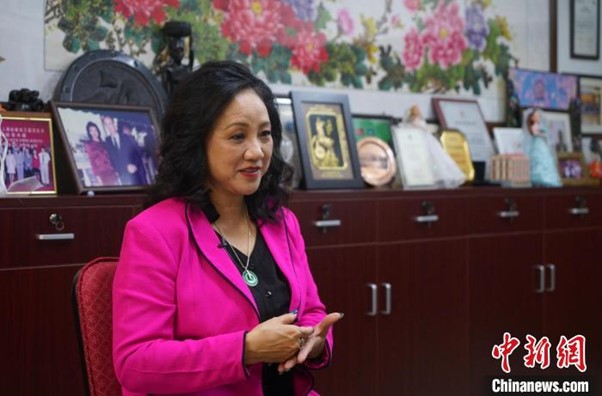
Over the past five years, the construction of the Guangdong-Hong Kong-Macao Greater Bay Area has accelerated, especially the rapid rise of the Hengqin Guangdong-Macao Deep Co-operation Zone. What space does this bring to the development of Macao, as well as to the further deepening of co-operation between China and Portuguese-speaking countries?
The Hengqin Guangdong-Macao Deep Co-operation Zone has developed rapidly since its establishment, creating a favourable environment and conditions for promoting co-operation between China and Portuguese-speaking countries. Hengqin Co-operation Zone has a ‘double 15%’ tax incentive, which not only attracts Macao entrepreneurs, but also allows more enterprises from Portuguese-speaking countries to see the potential of developing in Hengqin Co-operation Zone. Tax incentives are very important to enterprises, especially in the early stage of business, and can significantly reduce costs and enhance the competitiveness of enterprises.
Hengqin’s livable living environment has also gradually become widely favoured by native Portuguese, Portuguese expatriates and Portuguese in Macao. Many of my Portuguese friends have told me that they have chosen to reside in Hengqin on a long-term basis, and they generally consider that Hengqin has a comfortable environment and the cost of living is significantly lower than that of Macao. These factors not only enhance the attractiveness of the Hengqin Co-operation Zone, but also inject new vitality into the regional economic development.
I expect that in the future, the Hengqin Co-operation Zone can be developed into a distribution centre for products from Portuguese-speaking countries to enter the Mainland market, and through further studies on tax incentives, more enterprises from Portuguese-speaking countries will be attracted to invest and set up factories in the Hengqin Co-operation Zone, which will serve as a bridge to further open up the Mainland market.
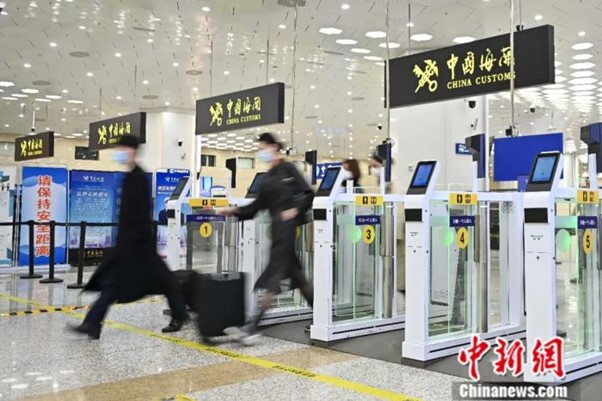
This year marks the beginning of the second golden decade of building the Belt and Road. What do you think the Portuguese-speaking countries can gain from it?
China and most of the Portuguese-speaking countries have signed cooperation agreements related to the ‘Belt and Road’. The Macao SAR Government, with the support of the Central Authorities, is actively participating in and contributing to the construction of the ‘Belt and Road’ by giving full play to the advantages of ‘one country, two systems’, free port of international trade, separate customs territory, low tax regime, etc., and by combining with the positioning of the development of the ‘Service Platform for Business Co-operation and Trade Cooperation between China and Portuguese-speaking Countries’, and by focusing on the several key points of unimpeded flow of trade, financing and people-to-people communication.
Portuguese-speaking countries have also benefited. For example, during the Covid-19 epidemic, there was a surge in demand for masks and testing equipment in many Portuguese-speaking countries, especially to Brazil and Portugal, but the transport time would have taken up to 45 days by sea. By transporting to Europe by rail, the time can be significantly reduced to about 15 days. This convenient mode of transport not only enhances the efficiency of economic and trade cooperation, but also provides a good basis for humanistic exchanges. Through convenient logistics, communication and interaction between countries can be strengthened.
Over the years, Macao has maintained trade relations with more than 100 countries and regions around the world, and its trade with countries and regions co-established along the ‘Belt and Road’ has grown significantly. As a trade and trading platform for the ‘Belt and Road’ countries and regions, Macao can provide a variety of services such as cross-border investment for bulk commodity trade and infrastructure construction projects, thus giving full play to Macao’s advantages.
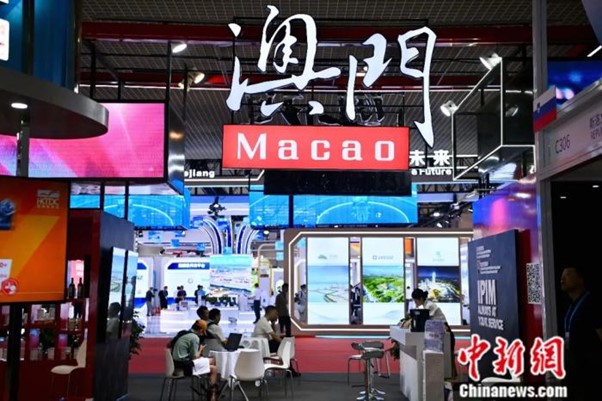
In your opinion, what other potentials of co-operation between China and Portuguese-speaking countries can be tapped and realised? How can Macao further fulfil its role as a bridge?
Macao has a unique association culture with a large number of associations. Macao’s associations have become a bridge between the SAR Government and the public, and have further played a role in the platform of co-operation between China and Portuguese-speaking countries, including the promotion of Sino-Portuguese cultural intermingling and the strengthening of Sino-Portuguese cultural exchanges.
In addition, Macao can assume the role of a bridge to promote exchanges between China and Portuguese-speaking countries in various aspects such as environmental protection, science and technology and humanities. In terms of environmental protection, the international environmental co-operation and development forums and exhibitions organised by Macao have been playing an active role, and the Mainland can carry out various forms of environmental co-operation with Portuguese-speaking countries through Macao. In terms of science and technology, Macao can play the role of a platform to buttress the construction of the Guangdong-Hong Kong-Macao Greater Bay Area and the Hengqin-Guangdong-Macao Deep Co-operation Zone, and to promote exchanges and co-operation between China and Portuguese-speaking countries in the areas of innovation and entrepreneurship, and scientific and technological co-operation.
Cultural exchanges play a pivotal role in strengthening exchanges between China and Portuguese-speaking countries. Every year, Macao organises events such as the China and Portuguese-speaking Countries Cultural Week and the Sino-Portuguese Culture and Arts Festival, which bring together numerous associations from Portuguese-speaking countries as well as the Mainland, and serve as an important platform for promoting cultural exchanges. Through these cultural events, Macao not only strengthens its interaction with Mainland associations, but also creates conditions for promoting economic and trade cooperation between China and Portuguese-speaking countries. Such cultural exchanges are crucial for the Mainland to better understand the cultural concepts of Portuguese-speaking countries, and help to further promote cooperation and development between China and Portuguese-speaking countries.
If you liked this article why not read: How can sci-fi cross the East and West borders and resonate with human beings?

